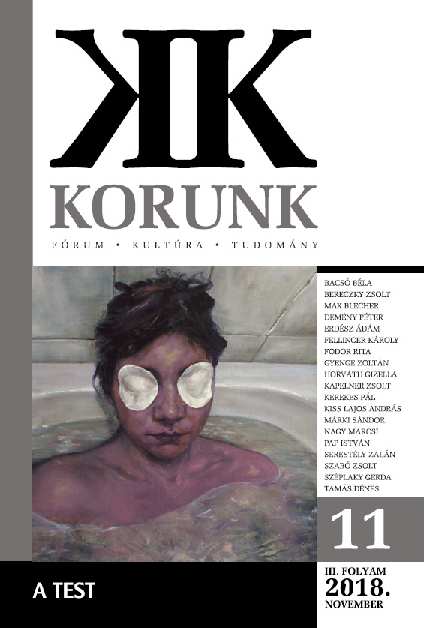Újrahasznosított állat – áru/fétis
The Recycled Animal – Commodity/Fetish
Author(s): Zalán SerestélySubject(s): Philosophy
Published by: Korunk Baráti Társaság
Keywords: contingency; exchange value; animal; Marx; commodity fetishism; ghost
Summary/Abstract: According to this study, the association of contingency with human existence is not a fundamental or fundamental-ontological moment – as it was supposed by several 20th century thinkers, e.g. Sartre –, but a historical one. It can be described as the series of such appropriating political, philosophical and economic gestures which have removed the animal from the sphere of the contingent, in parallel with the development of exchange value. The fight for the possibility to die and for mutability understood as the condition of mortality is, in fact, for one’s own death, recognized in the political sense: for not having to come back as ghosts and infinitely be fed back in the process of production. The animal produced by us, who does not partake of contingency, promises a double – psychological and economic – reparation for our unlamentability. Man may build his miserable but functional and consumable experience of freedom from making the animal’s existence into something necessary, irrevocable and inevitable (i.e., the exclusion of the animal from the sphere of contingency). At the same time, Marx’s commodity fetishism in split in two with reference to the animal. On the one side, there is the commodity – whose reproduction processes are regulated by us and who is murdered in masses in order to be put as a product on our dinner table –, and on the other, it is a revenant fetish of the petting zoos, wildlife parks, and similar institutions. These two phenomena are far from being independent from each other, in a relationship of methathesis.
Journal: Korunk
- Issue Year: 2018
- Issue No: 11
- Page Range: 36-40
- Page Count: 5
- Language: Hungarian

